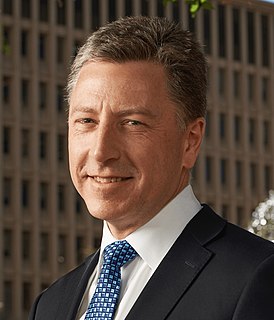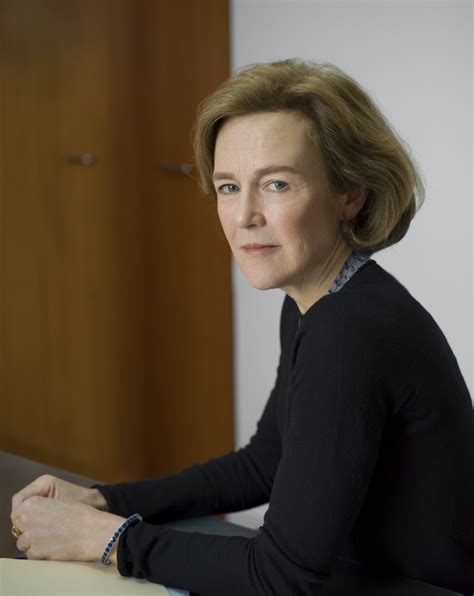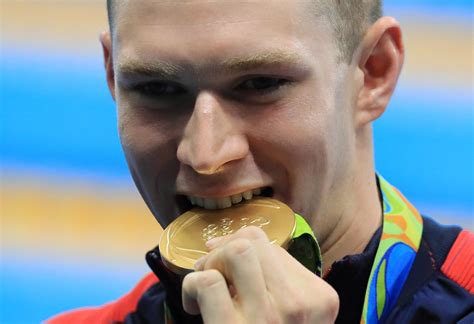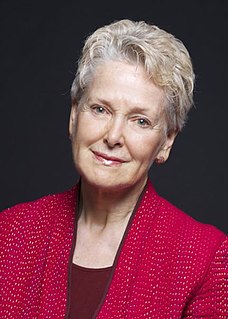A Quote by Kurt Volker
I care about Ukraine's success as a country; I'd like to see the conflict resolved. I'd like to see us getting back to the idea we - you know, over many, many administrations, starting with George H.W. Bush and onward, we talked about a Europe whole, free and at peace. That we're looking to promote democratic societies, prosperous, market-driven societies and security for everybody, indivisible, including Russia. And we have never gotten there.
Related Quotes
The big issue is whether Ukraine is successful as a country. Democracy. Market economy. Prosperity. Security. And so on. And whether we can resolve this conflict, which I think is an important step in restoring sovereignty, restoring territorial integrity in Europe, getting beyond the impasse that we have with Russia now, that's where we would like to go.
Trump wants to make peace; he wants to see Ukrainian conflict resolved; he wants to see Ukraine get its territory back. It's crystal clear. With Putin, I think we see glimmers; we see a reason to think maybe they do. But they have to make the choice to do that, and they can very well choose the opposite.
The mistake we make with many people - not just Russia - is that we believe we have the model, and there is a sort of a condescension in our dialogue with other societies, which was especially painful in several administrations to Russia. I think in Russia, the Yeltsin period is not considered a period of great achievement, but a period of corruption and humiliation.
Free societies, which allow differences to speak and be heard, and live by intermarriage, commerce, and free migration, and democratic societies, which convert enemies into adversaries and reconcile differences without resort to violence, are societies in which the genocidal temptation is unlikely and even inconceivable.
Good, healthy democratic societies are built on three pillars: there's peace and stability, economic development, and respect for rule of law and human rights. But often, we take stability - peace in terms of security and economic activity - to mean a country is doing well. We forget the third and important pillar of rule of law and respect for human rights, because no country can long remain prosperous without that third pillar.
Obviously Muslim societies, like societies elsewhere, are becoming increasingly urban, many are becoming industrial, but since so many have oil and gas, they don't have a great impetus. But again, the revenue that natural resources produce gives them the capability and so countries like Iran are beginning to develop an industrial component.
My definition of a decent society is one that first of all takes care of its losers, and protects its weak. What I see in my country, progressively over these years, is that the rich have got richer, the poor have got poorer. The rich have become indifferent through a philosophy of greed, and the poorer have become hopeless because they're not properly cared for. That's actually something that is happening in many Western societies. Your own, I am told, is not free from it.
Societies that exclude the exoskeleton of religion should reflect carefully to what will happen to them over several generations. We don’t really know, because the first atheistic societies have only emerged in Europe in the last few decades. They are the least efficient societies ever known at turning resources (of which they have a lot) into offspring (of which they have few).
We [me and Jennifer Salke] talked about the characters and different kinds of families and where are we today. We certainly pitched the gay couple, but we also talked about what it was like to be a single mother with a young daughter, what is it like to be a woman in your 50's who is completely starting over and dating again and having to go online to date again. We talked about the whole spectrum of the characters, but I don't think it ever came up about whether people are ready for it or not.
The EU remains our dream. We must not give it up. Otherwise Putin would win. His goal is to undermine the EU. This is not only about a conflict between Russia and Ukraine. Russia is fighting against the West and its values. Therefore, the European project of Ukraine must not fail. We know that this aim requires successful reforms in Ukraine, even if they hurt now.






























